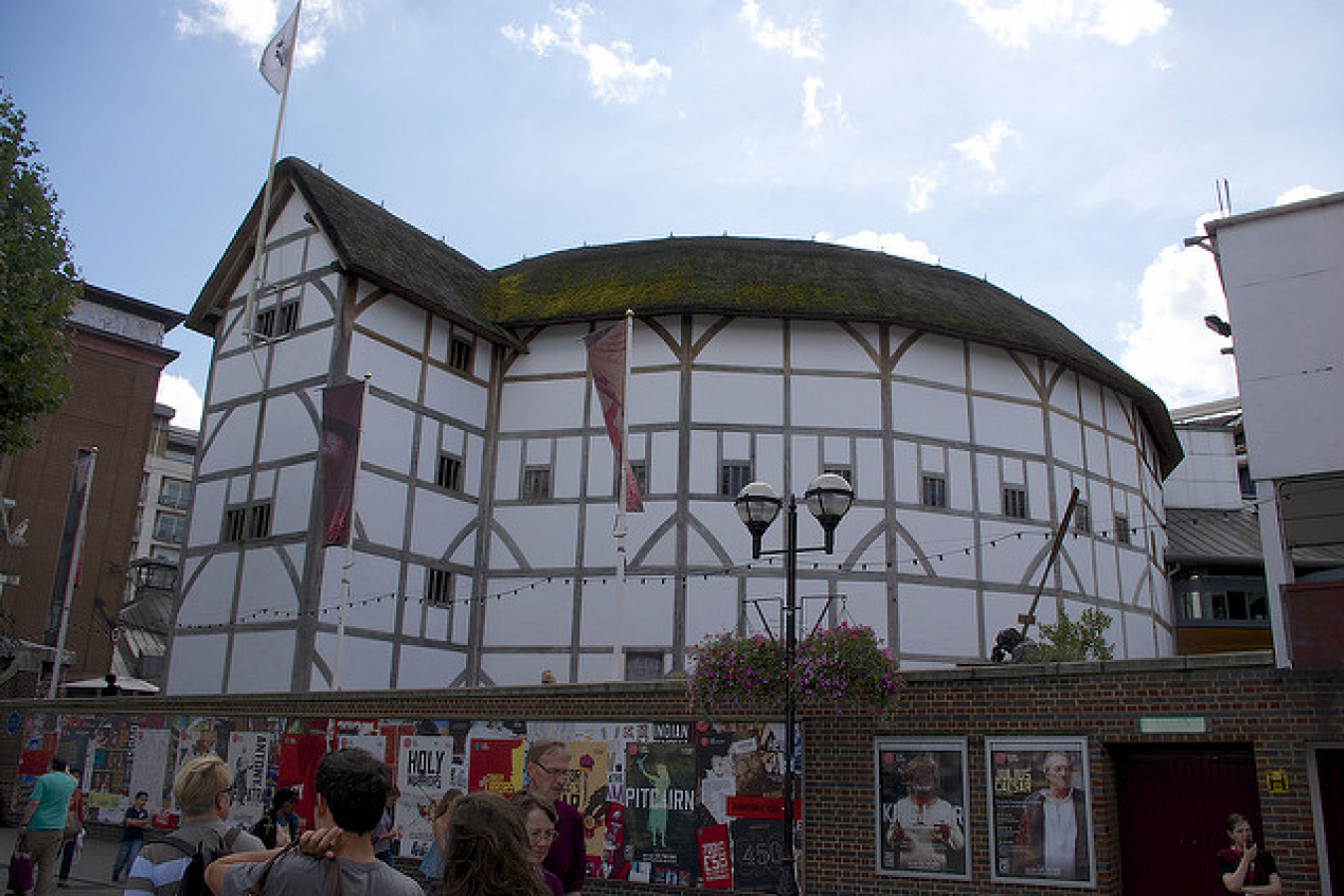On Tuesday 11 May 2010 David Cameron leader of the Conservative Party became the new UK Prime Minister in a new Conservative and Liberal Democrat Coalition Government. The Conservatives are the biggest Party in Parliament with 306 seats; However, they did not gain enough seats to achieve an overall majority on their own. After the General Election results of 7 May 2010 the Liberal Democrats seeing an opportunity to be part of a new Government started negotiations with the Conservatives and after a few days reached an agreement on forming a Coalition Government. Nick Clegg of the Liberal Democrats has become the Deputy Prime Minister with five of the top twenty Government Cabinet posts going to the Liberal Democrats.

The New Home Secretary Theresa May had the following to say about immigration policy:
[There will be] "...an annual limit on the number of economic migrants from outside the European Union...".
As well as the introduction of an immigration cap on economic migrants from outside the EU the new Conservative/Liberal Democrat Government will be making the following policy changes:
- There will be an Emergency Budget within 50 days – The current UK budget deficit is about £160 billion (about US$230 Billion) which is considered to be far too high. The new Government intends to cut spending by £6 billion a year.
- There will be a substantial rise in income tax allowances for lowest paid from April 2011. This will mean that many of the poorest paid workers will pay less tax. However, this will not help those who are currently not working.
- There will be increased investment in education to reduce class sizes for children from poorer backgrounds.
- There will be a referendum on the Alternative Vote system for general elections. The Liberal Democrats consider this as very important as the current system means that even with 23% of the vote the Liberal Democrats only has 57 MPs in Parliament.
- There will be fixed-term Parliaments – The next election is in May 2015. This is of course assuming that the Government remains in power for that long.
- In a highly controversial move 55% of MPs will need to vote for the dissolution of Parliament and to trigger an election. Members of Parliament have complained that this makes it too difficult for them as elected representatives to force a Government out of power.
- National Health Service (NHS) spending is set to rise in every year of the new Parliament. Politically increasing funding of the State funded public health service is a popular move.
- ID cards will be abolished for everyone including for immigrants to the UK. This will reduce the administrative burden on immigrants and others.
- There will be a review the long term affordability of public sector pensions. Public sector pensions are very generous compared to pensions in the private sector. There are many who feel that with more and more people living into old age that it is simply not possible to fund such a generous pension scheme.
- The link between the state pension and earnings will be restored from April 2011
- The aviation passenger duty will be replaced by a plane tax. This is likely to cause further financial difficulties for airlines already hard hit by the disruption caused by the recent Volcanic Ash cloud and mean higher fares for passengers.
- There will be no new runways at Heathrow, Gatwick or Stansted. This is likely to mean a loss economically to the UK. There will be lower economic growth and fewer jobs than would otherwise be the case. This decision was taken because of concerns over the environment.
The Liberal Democrats had hoped to bring in a route for earned citizenship for illegal immigrants also known as an "immigration amnesty". This will no longer be happening. One Liberal Democrat policy that will be introduced is an end to detention of children at immigration detention centres. It is generally felt that the Liberal Democrats currently have a more positive view towards immigration than the Conservatives and the Labour Party. With the Liberal Democrats having a significant role in Government, immigration policy is likely to be more pro immigration than would otherwise be the case.
There has so far been no decision on exactly how many economic migrants will be allowed into the UK in the future. The Home Secretary has said that there will be a consultation process after which a decision will be made. The new immigration cap will likely have a significant impact on those who wish to come to the UK under the Tier 1 visa and Tier 2 visa schemes which are the main economic migrant visa categories.
The centre-left Institute for Public Policy Research (IPPR) has in the past said that a limit would be an impracticable. With future improvements in the economy an immigration cap could very well lead to serious skills shortages in the UK.
Sarah Mulley, who wrote the IPPR report, The Limits to Limits, has commented that as a consequence of the cap Premiership football clubs could be prevented from bringing in top foreign players. British companies may be unable to bring in badly needed high level professionals from abroad.
The new Government cap on the number of economic immigrants allowed into the UK will in future make it more difficult to come under the Tier 1 and Tier 2 visa schemes. It seems that in future there will simply not be enough visas for the number of applicants. As already suggested in the past if you meet the requirements for the Tier 1 or Tier 2 visa you should consider applying now before the immigration cap is implemented.




